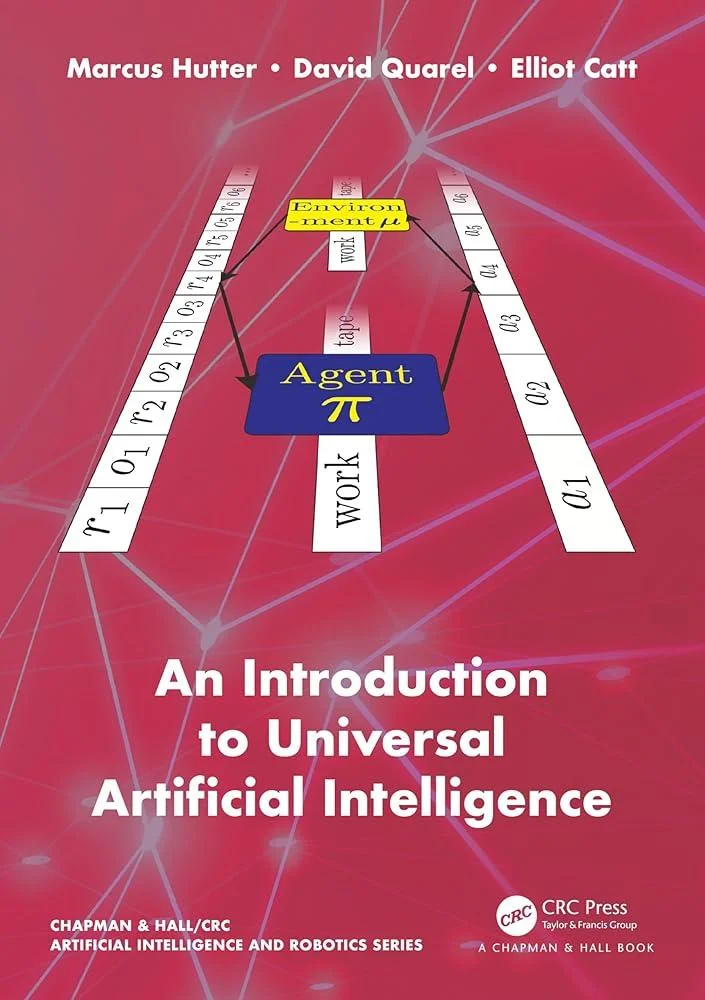An Introduction to Universal Artificial Intelligence
(Author) Marcus HutterAn Introduction to Universal Artificial Intelligence provides a gentle introduction to Universal Artificial Intelligence (UAI), a theory that provides a formal underpinning of what it means for an agent to act intelligently in a general class of environments. First presented in Universal Artificial Intelligence (Hutter, 2004), UAI presents a model in which most other problems in AI can be presented, and unifies ideas from sequential decision theory, Bayesian inference and information theory to construct AIXI, an optimal reinforcement learning agent that learns to act optimally in unknown environments. AIXI represents a theoretical bound on intelligent behaviour, and so we also discuss tractable approximations of this optimal agent. The book covers important practical approaches including efficient Bayesian updating with context tree weighting, and stochastic planning, approximated by sampling with Monte Carlo tree search. Algorithms are also included for the reader to implement, along with experimental results to compare against. This serves to approximate AIXI, as well as being used in state-of-the-art approaches in AI today. The book ends with a philosophical discussion of AGI covering the following key questions: Should intelligent agents be constructed at all, is it inevitable that they will be constructed, and is it dangerous to do so? This text is suitable for late undergraduates and includes an extensive background chapter to fill in the assumed mathematical background.
Marcus Hutter
Marcus Hutter is a German computer scientist and philosopher known for his work on artificial intelligence and algorithmic information theory. He is best known for his development of the AIXI model, a universal theory of artificial general intelligence. Hutter's writing style is technical and precise, with a focus on mathematical rigor and logical reasoning. His contributions to literature have had a significant impact on the field of artificial intelligence and have influenced the development of AI systems. One of his most famous works is the book "Universal Artificial Intelligence: Sequential Decisions based on Algorithmic Probability."






